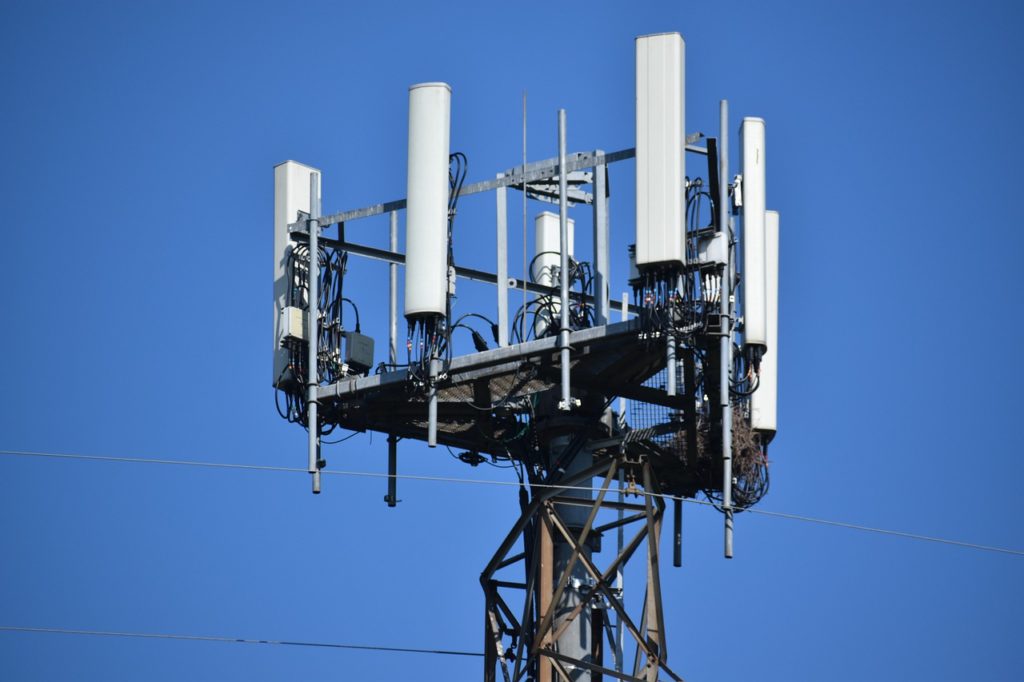The government will only be ready to auction off the frequencies for 5G internet in a year, according to telecommunications minister Petra De Sutter (Groen).
Belgium is already far behind neighbours like Germany and the Netherlands, where the auction of frequencies has already been partially or completely completed. In Belgium, for the time being, only small-scale projects like a local 5G network at Brussels Airport or in the port area in Antwerp have been approved.
Fifth-generation internet, known as 5G, promises speeds 2- to 30 times faster than the existing 4G, as well as being safer and more reliable. For consumers, that means faster games, high-definition video and faster download times.
More importantly, 5G is the essential next step towards the so-called Internet of Things (IoT), allowing business to have full remote control over machines, robots and drones. Autonomous vehicles will only be possible with complete 5G coverage.
Before any of that happens, however, the radio frequencies that can be used for 5G will have to be allocated to operators, and that is done by auction. Proximus and Telenet are certain to be bidding, and other operators will likely also enter the race, whether as partners to the big two or as competitors.
Speaking in an interview with De Tijd, De Sutter said her department was progressing as quickly as possible on the matter. Progress has been made on the political question of how the money raised by the auction should be shared among federal and regions – a dispute that blocked the question for 18 months.
A remaining problem is the objections from De Sutter’s own Groen-Ecolo fraction, which has seen to it that Brussels has stricter limits on radiation from 4G that the other regions, and can be expected to raise the same objections to 5G.
“We, and especially Ecolo, have voters who have concerns about the environment and health,” De Sutter said.
“I take those concerns seriously, but at the moment I see no evidence that existing radiation standards are causing damage to health. Could that change in the future? Maybe, and so we have to keep investigating. But I will certainly not be the minister responsible for stopping 5G. The importance for industry, mobility and medicine is enormous.”
As well as that matter, there is a whole procedure to be gone through, first to set the minimum bids for the auction, then to amend the telecommunications law, and finally to set the responsibilities of operators, including the coverage they must provide. Altogether, that process is likely to last a year.
The auction, when it comes, is likely to raise at least €800 million, according to the telecoms regulator BIPT. Under an agreement reached to break the deadlock over sharing the returns, the money will be placed in a blocked account until the political differences can be settled.
Alan Hope
The Brussels Times

